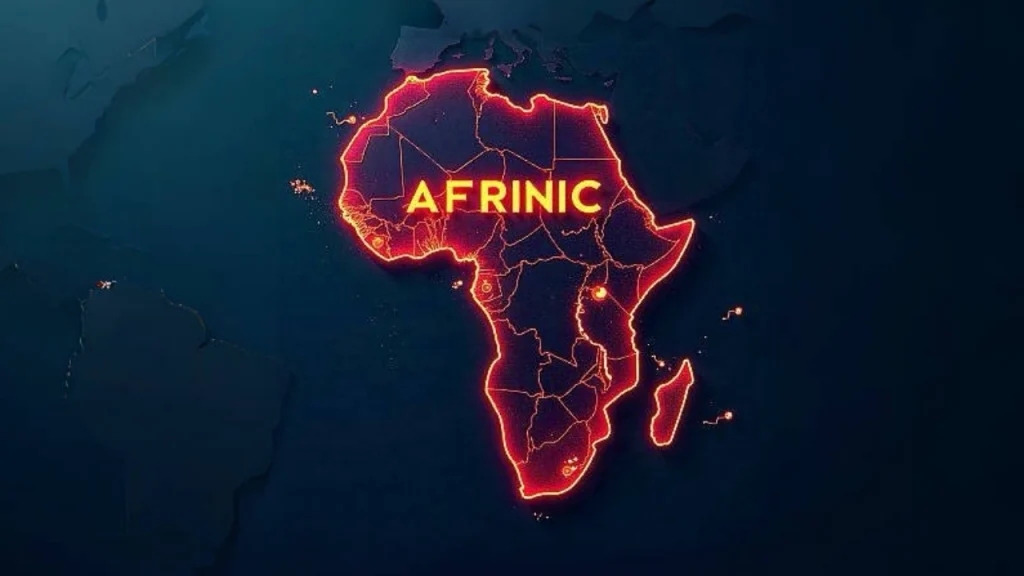- External interference from ICANN risks undermining Africa’s bottom-up internet governance
- The AFRINIC election crisis highlights the urgent need for a more democratic and transparent regional process
The external pressures facing AFRINIC
The AFRINIC crisis has highlighted the growing tension between regional governance and external entities seeking to influence Africa’s internet infrastructure. The ICANN CEO (Kurt Lindqvist)’s recent actions have been perceived as an attempt to overextend its control over Africa’s Internet resources, challenging the continent’s bottom-up approach to governance.
ICANN’s intervention in AFRINIC’s internal affairs, particularly after the disputed election, has sparked significant controversy. Despite a court-approved election, Lindqvist’s efforts to intervene and assert influence over AFRINIC’s leadership choices have been perceived as an attempt to undermine the region’s autonomy. This has generated backlash within the African community, which sees these actions as a threat to the sovereignty and self-determination crucial to Africa’s internet governance.
This situation highlights a larger concern: the risk that external bodies may centralise control over Africa’s digital future, undermining the continent’s ability to manage its own IP resources. For years, African stakeholders have advocated for a locally managed approach to internet governance, and the current crisis underscores the importance of protecting that vision from external influence.
Also read: AFRINIC’s hidden scandal: How legal fees exposed a culture of corruption
Also read: Proxy voting reforms for AFRINIC: What a fair model should look like
The importance of regional internet governance in elections
The AFRINIC election crisis has exposed the limitations of the current governance model. Once a promising institution tasked with overseeing Africa’s IP resources, AFRINIC has been mired in internal conflict, mismanagement, and governance breakdowns. The ongoing crisis has led to calls for external interventions, including the appointment of a new regional internet registry (RIR). However, these interventions risk undermining Africa’s sovereignty over its digital infrastructure.
Cloud Innovation Ltd., a key stakeholder and AFRINIC’s third-largest member, argues that the solution lies in a “necessary reset” of the current governance structure. This reset would involve appointing a new, transparent, and democratically elected RIR, ensuring that Africa’s IP resources are managed with integrity, transparency, and local input.
The AFRINIC situation serves as a reminder that external bodies must be cautious in their role within Africa’s internet governance ecosystem. While intervention may sometimes be necessary, it should not come at the expense of the autonomy and democratic processes that are critical to the continent’s digital future.

